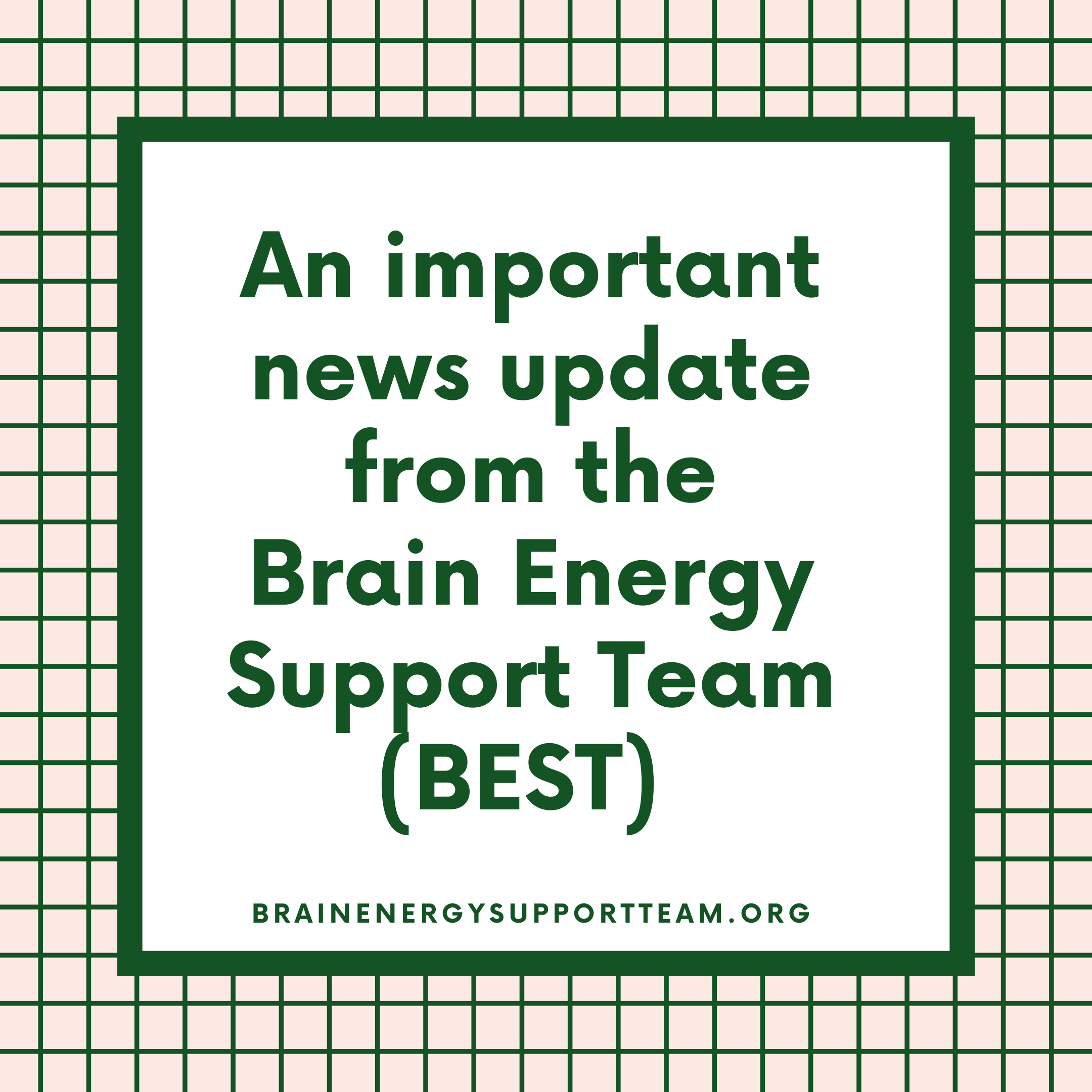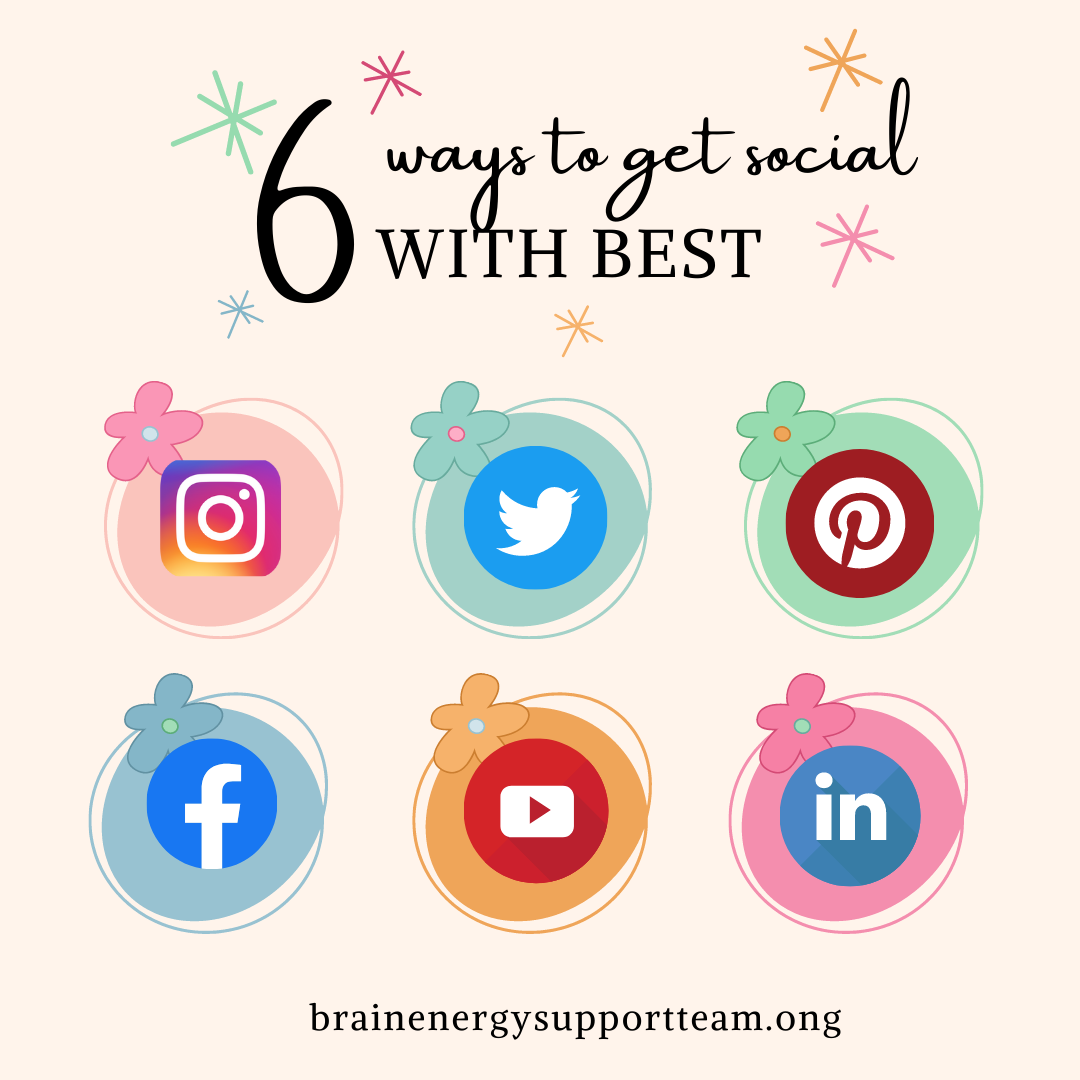It is not what we learn in conversation that enriches us. It is the elation that comes of swift contact with tingling currents of thought. Agnes Repplier, American writer
To come together in a safe, comfortable and supportive environment to share ideas and opinions, is critical to impact change and build community and teamwork. At the Brain Energy Support Team (BEST), having conversations about issues that affect the brain injury community and beyond is one of the most vital things about the organization. Whether it’s in person or online, BEST holds these opportunities near and dear to our hearts.
And as a community, together, we know BEST.
That’s why we are honored to invite and welcome you to come together and join BEST and lend your voices to some critical legislation here in Washington State.
There is a new Medicaid entitlement state plan option called the Community First Choice Option (CFCO). The Affordable Care Act established this plan as a way for states to make more services available to Medicaid clients receiving personal care at home or in community residential settings. BEST Founder and Chief Visionary Officer, Penny Condoll, is a member of the state work group who is tasked to explore how personal care will be provided under the provision and to make recommendations to the legislature in upcoming months. The work group is comprised of 16 members, with fifty percent of the team from the disability community and the other fifty percent from other community and state entities.
“CFCO is an amazing and brilliant opportunity to rethink what we call care for people and how we can care for people,” shares Condoll. “This has the potential to affect everyone.”
Condoll notes some of the essential pieces of what this legislation touches and what this opportunity means to engage in the dialogue.
“There’s a big philosophical change on independent living skills for adults,” says Condoll. “There’s going to be changes to the conversation and expectations of people in these programs. The work group will provide recommendations to the state on which services can be offered, the duration and scope of services, different waivers with a lot of talk about making it flexibile, different training and educational opportunities and the right to choose services that work.
It’s person-centered planning at the core and it’s hugely exciting.”
For Condoll, this legislation resonates personally. As a former medical social worker, Condoll noted profound gaps in the coordination of getting services for her clients. Later, as she coped with her own traumatic brain injury, she found herself on the other side, needing services. Both instances proved frustrating.
That’s just one of the many reasons why this process is so deeply important for us all.
“This changes the conversation to address healthier, more independent, supportive and more empowered living. It also provides an opportunity to address adults with high behavior needs, not just physical. We can also focus on how we serve caregivers and develop a powerful message on taking on more self-management. It’s a great opportunity.”
How does someone get involved and lend their voice to the conversation? Condoll recommends checking out the CFCO website. Housed on the website are important webinars and other documents to get started. Condoll is also happy to talk to individuals and groups about the legislation and work group. As usual, people are always welcome to contact BEST for more information or to ask questions.
Thank you in advance for joining in and taking a look at this important issue. We so look forward to hearing from you!







